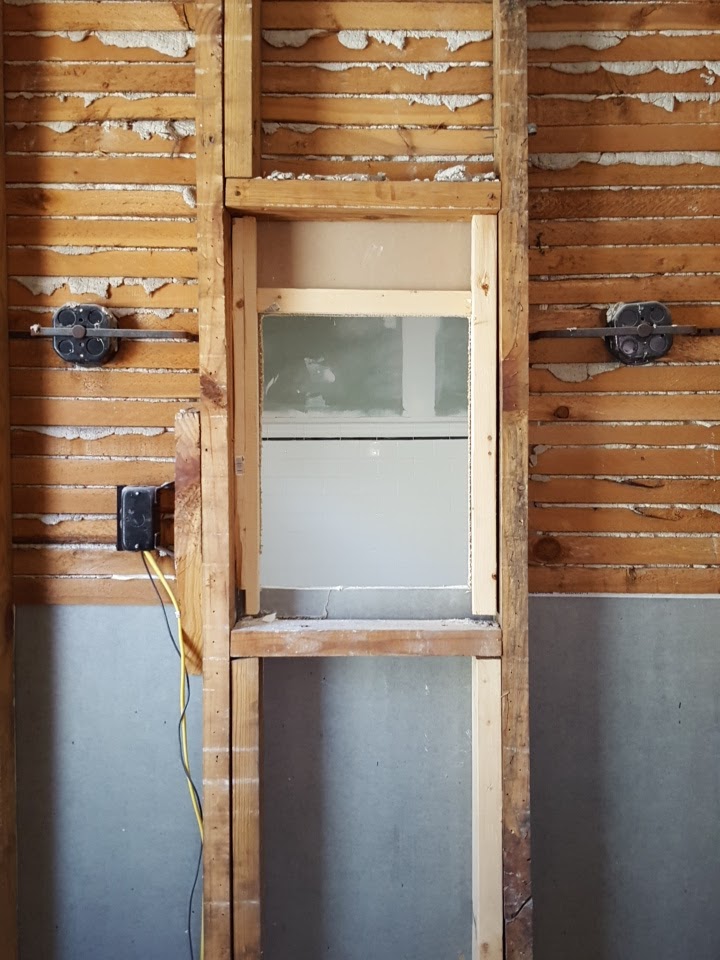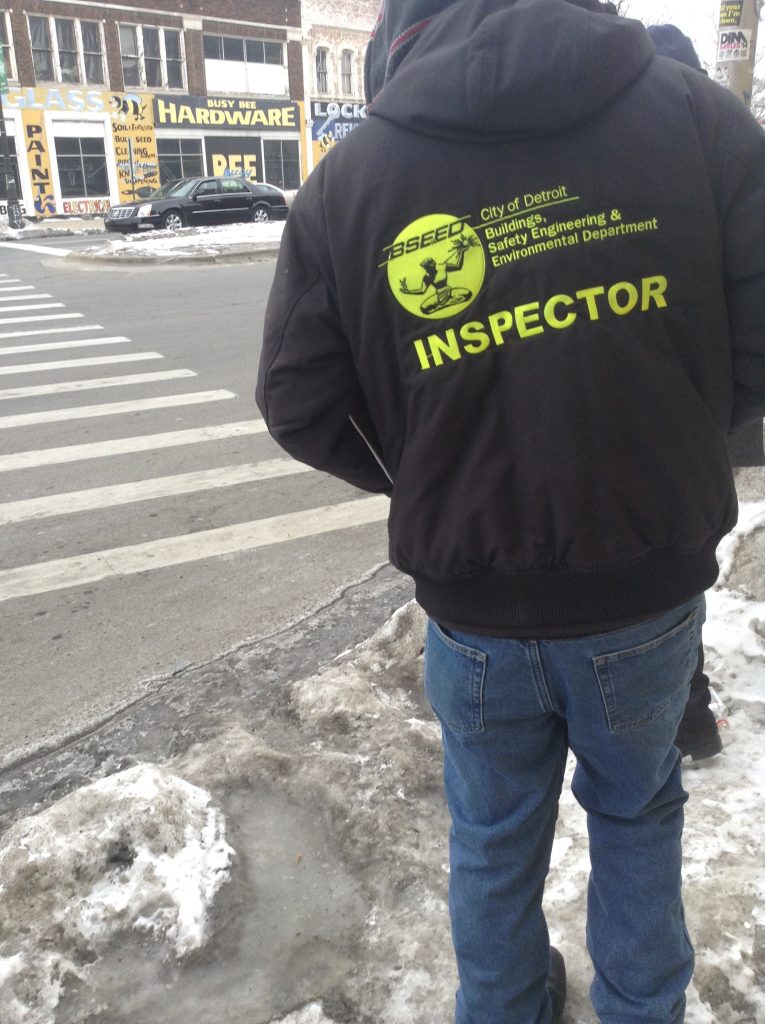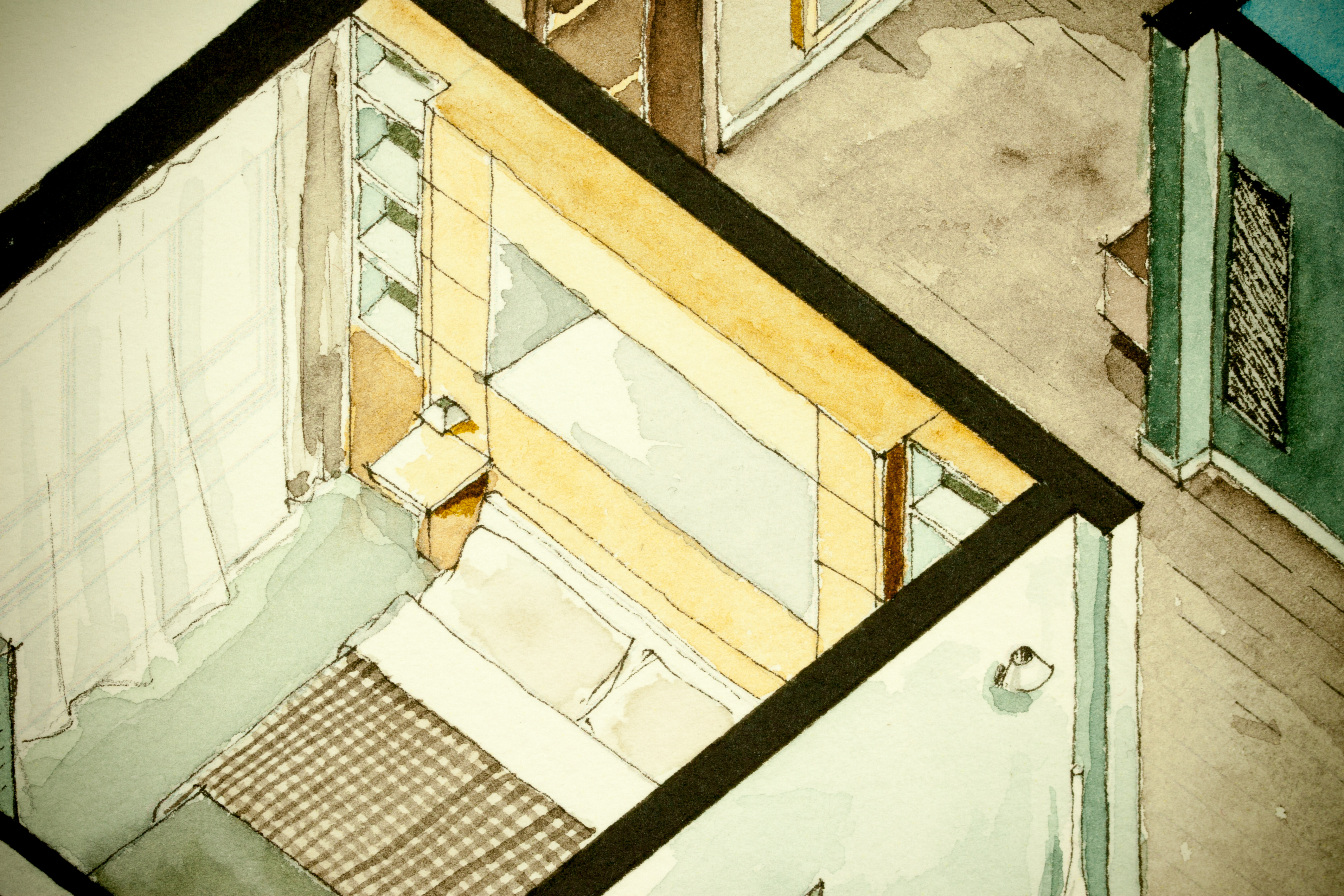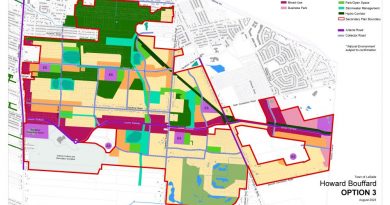Detroit Landlords Sue The Court– For Not Evicting Tenants Fast Enough
A class action lawsuit, filed today in Detroit, alleges that the 36th District Court violated the US Constitution by “depravation [sic] of [the plaintiffs] property rights and the value of the property taken by the Government.” Of course, the eviction moratorium is a federal thing, even if evictions are technically administered at the local level. Details, though, right!? JPA Holdings and Sandeep Gosal, the plaintiffs, are determined to go after the local court. The latter, the Detroit Free Press reports, is trying to regain possession of a property purchased at tax foreclosure.

But far from a mom-and-pop landlord, the other plaintiff, Southfield-registered, Warren-based JPA Holdings, LLC, owns 22 properties in the city of Detroit. And according to BS&A, the property record database that the city uses, all of the homes are substantially tax-delinquent. The total portfolio owes more than $26,000 in back taxes this year alone. And according to BSEED‘s own lookup tool, none of the properties are actually compliant with the city’s rental registration ordinance. Only two are even registered. (Properties must be registered and then must obtain a lead inspection and a certificate of compliance, which is more or less Detroit’s name for a certificate of occupancy).
Of course, while the federal eviction moratorium might stop the Court from evicting tenants, judges have said on the record in the past that they can’t simply stop an eviction solely because the property is grossly noncompliant with ordinances. You know, sewage in the basement, flaking lead paint, whatever. Again, details!
The below table has been updated to include the entire list of JPA Holdings, LLC’s properties.
| ADDRESS | REGD | CERT | TAXES DUE |
| 19437 CONLEY 48234 | No | No | $702.35 |
| 3380 EWALD, 48204 | No | No | $981.17 |
| 18065 ILENE, 48221 | Yes | No | $1,252.90 |
| 19363 APPLETON 48219 | No | No | $836.84 |
| 8936 ESPER 48204 | No | No | $1,205.13 |
| 12675 RIAD 48236 | No | No | $964.68 |
| 20711 ORANGELAWN 48228 | No | No | $1,703.00 |
| 20128 TRACEY 48235 | No | No | $1,257.38 |
| 20150 FREELAND 48235 | No | No | $1,459.19 |
| 18248 ROBSON 48235 | No | No | $1,341.49 |
| 20500 MANSFIELD 48235 | No | No | $2,098.21 |
| 7719 WOODMONT 48228 | No | No | $972.91 |
| 11330 WESTWOOD 48228 | No | No | $1,408.68 |
| 9428 PATTON 48228 | No | No | $1,257.38 |
| 19774 BRAILE 48219 | No | No | $1,349.82 |
| 19649 APPLETON 48219 | No | No | $1,038.64 |
| 19422 FIVE POINTS 48240 | No | No | $954.55 |
| 18941 RUNYON 48234 | No | No | $1,088.22 |
| 8275 OHIO 48204 | Yes | No | $1,100.50 |
| 5035 OAKMAN BLVD 48204 | No | No | $1,170.57 |
| 20157 CHEYENNE 48235 | No | No | $972.91 |
| 11405 VAUGHAN 48228 | No | No | $1,232.06 |
| TOTALS | 2 out of 22 registered | 0 out of 22 compliant | $26,348.58 |
While BSEED’s records are notoriously inaccurate– the department continues to rely mostly on paper-and-pen inspection reports, in spite of a spendy procurement process that built a cloud-based database and set up every inspector with 4G tablets in 2019- it’s not unlikely that none of these properties are compliant with the city’s rental registration ordinance, in spite of the fact that it has been theoretically in effect for a few years now. Some provisions of it have indeed been in effect since the property maintenance code was developed circa 1984– but very few properties are fully compliant these days. One of the basic requirements is to obtain a lead inspection, which many landlords balk at owing to the ubiquity of lead paint in old homes, in spite of the fact that it’s a pretty pressing health hazard.
The churn of occupied homes into evictions seems to be something that voters should be considering as we head into the mayoral election. In the meantime, if I had to guess, I doubt the lawsuit will be allowed to proceed. But the audacity of some landlords is nonetheless quite impressive, as is the audacity of judges who seem to allow these folks to slide based on the prevalence of, say, sewage in the basement (illegal), flaking lead paint (illegal), broken or underperforming HVAC systems (illegal). If you’re worried about not being able to use the law to evict your tenants, wouldn’t you be worried if the court found out that, like, none of your properties are actually legal? I’m just saying. The eviction moratorium isn’t going away any time soon, but neither, it seems, are these types of landlords.





